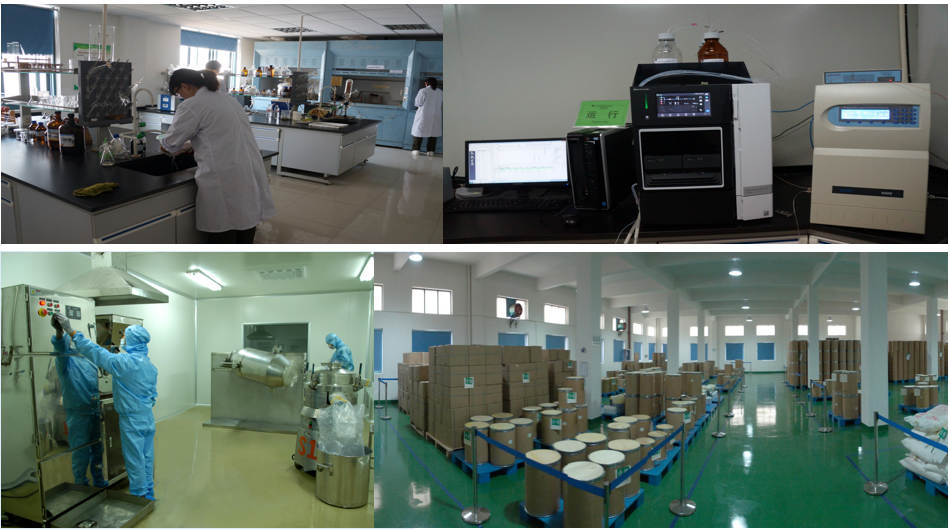|
NINGBO HERB PHARMA CORP.
|
Item
|
Description
|
Botanical Name
|
Mucuna pruriens
|
CAS No.
|
59-92-7
|
Molecular Weight
|
197.19
|
Plant Part Used
|
Seed
|
Physical Property
|
Brown to white powder
|
Extract Solvent
|
Ethanol, Water
|
General Shelf Life (MTH)
|
24
|
Product Specification
|
Levodopa 15%-99% HPLC
|
Product Overview
-
Mucuna Pruriens is a good source of L-DOPA, and contains some other molecules that may aid the benefits of L-DOPA
-
Used to increase dopamine concentrations in the treatment of Parkinson's disease and dopamine-responsive dystonia
-
Helps support healthy stress levels, healthy anxiety levels, and promotes a better mood
About Packaging:
1kg/foil bag, 25kg/drum

About Ningbo Herb
  
Certificate

|
Send Inquiry
|





 Pharma Sources Insight January 2025
Pharma Sources Insight January 2025


